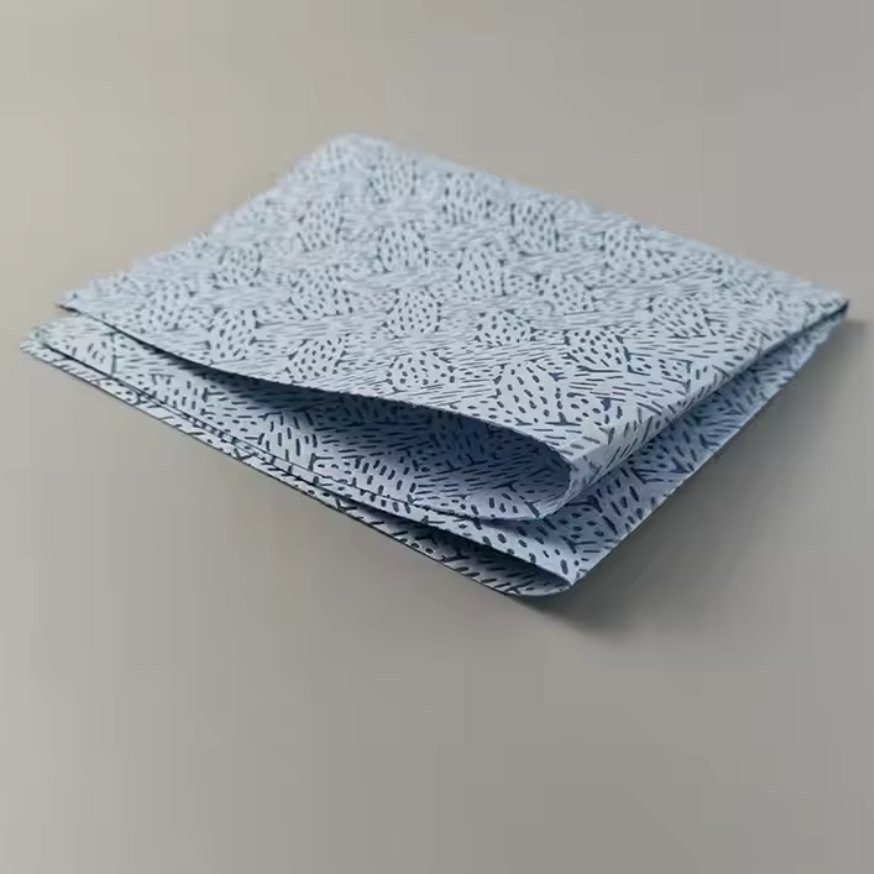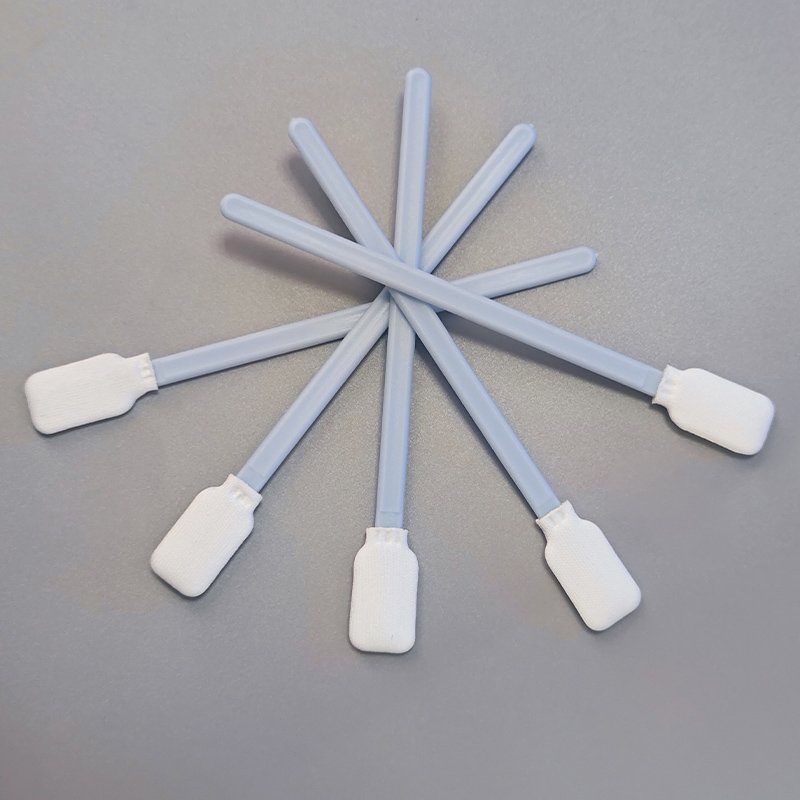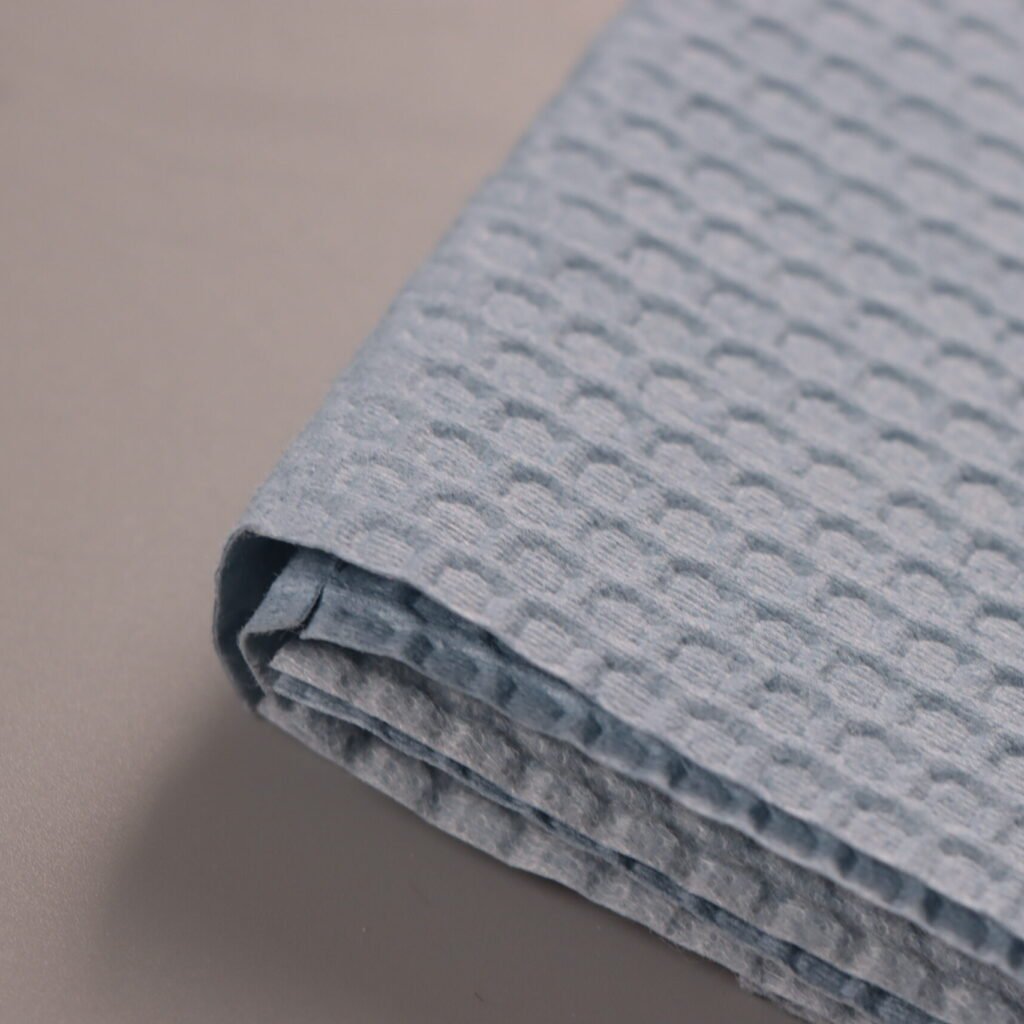Alcohol wipes have become a daily essential—from disinfecting hands and gadgets to cleaning surfaces in healthcare, schools, and homes. But as their use grows, so do concerns about their environmental impact. Most disposable wipes are single-use and made with synthetic fibers that do not break down easily. With billions consumed every year, the question arises: are alcohol wipes eco-friendly?
This article explores what makes wipes less sustainable, what improvements are emerging in the market, and how consumers can make more eco-conscious choices.
The Environmental Challenge of Conventional Wipes
Traditional alcohol wipes usually contain polyester, polypropylene, or rayon blends. These synthetic materials are strong and lint-free, but they don’t biodegrade. When discarded, they contribute to:
-
Landfill buildup: Non-biodegradable wipes can take decades to break down.
-
Microplastic pollution: If flushed, they break apart into microplastics that enter waterways.
-
Waste volume: With the pandemic, global wipe consumption surged, intensifying the waste problem.
In fact, many cities report blocked sewage systems from improperly disposed wipes, a costly environmental and infrastructure issue.
Are Alcohol Wipes Themselves Eco-Friendly?
The alcohol solution in wipes—usually isopropyl alcohol or ethanol—does not pose a long-term environmental hazard because it evaporates quickly and breaks down in nature. The real issue lies in the substrate material (the fabric base) and packaging.
So while the disinfecting liquid is relatively benign, the wipe itself may persist in the environment for years unless new materials are used.
Market Shifts Toward Eco-Friendly Alternatives
1. Biodegradable Wipes
Some manufacturers are now producing wipes made from plant-based fibers such as bamboo, wood pulp, or cotton. These materials can degrade faster under composting conditions, reducing long-term waste.
2. Flushable (But Verified) Wipes
“Flushable” wipes have existed for years, but many claims were misleading. New standards and certifications (e.g., INDA/EDANA flushability guidelines) are pushing for wipes that genuinely break down in water systems without clogging pipes.
3. Compostable Packaging
Eco-conscious brands are moving toward recyclable or compostable packaging instead of plastic tubs and foil packets. This addresses not just the wipe material but the entire product lifecycle.
4. Reduced Chemical Additives
Some wipes now feature simpler formulations: 70% alcohol + water, without fragrances, dyes, or harsh preservatives. This reduces chemical load and improves safety for both people and the environment.
Consumer Awareness and Changing Demand
Today’s consumers, especially in Europe and North America, are increasingly factoring sustainability into their buying decisions. According to market surveys:
-
Over 60% of shoppers prefer eco-friendly cleaning products.
-
Younger demographics are more willing to pay a premium for biodegradable or compostable wipes.
This shift is pressuring manufacturers to innovate. Retailers are also adjusting, dedicating shelf space to “green” alternatives.
What Consumers Can Do
If you want to reduce your environmental footprint while still using alcohol wipes, here are a few practical tips:
-
Choose biodegradable wipes when available. Look for clear certifications rather than vague “eco” labels.
-
Dispose properly: Never flush wipes down the toilet. Discard in general waste unless packaging specifies compostability.
-
Use sparingly: Reserve wipes for when portability or convenience is essential, and use reusable cloths for routine cleaning at home.
-
Recycle packaging where possible, separating cardboard boxes or recyclable plastics.
Conclusion
So, are alcohol wipes eco-friendly? Most conventional wipes are not, due to their plastic-based substrates and single-use nature. However, the market is evolving. Biodegradable fibers, compostable packaging, and reduced-chemical formulations are transforming alcohol wipes into more sustainable products.
As consumers become more environmentally conscious, demand will continue to push innovation. In the meantime, thoughtful use and proper disposal remain key to minimizing the ecological impact of everyday alcohol wipes.




